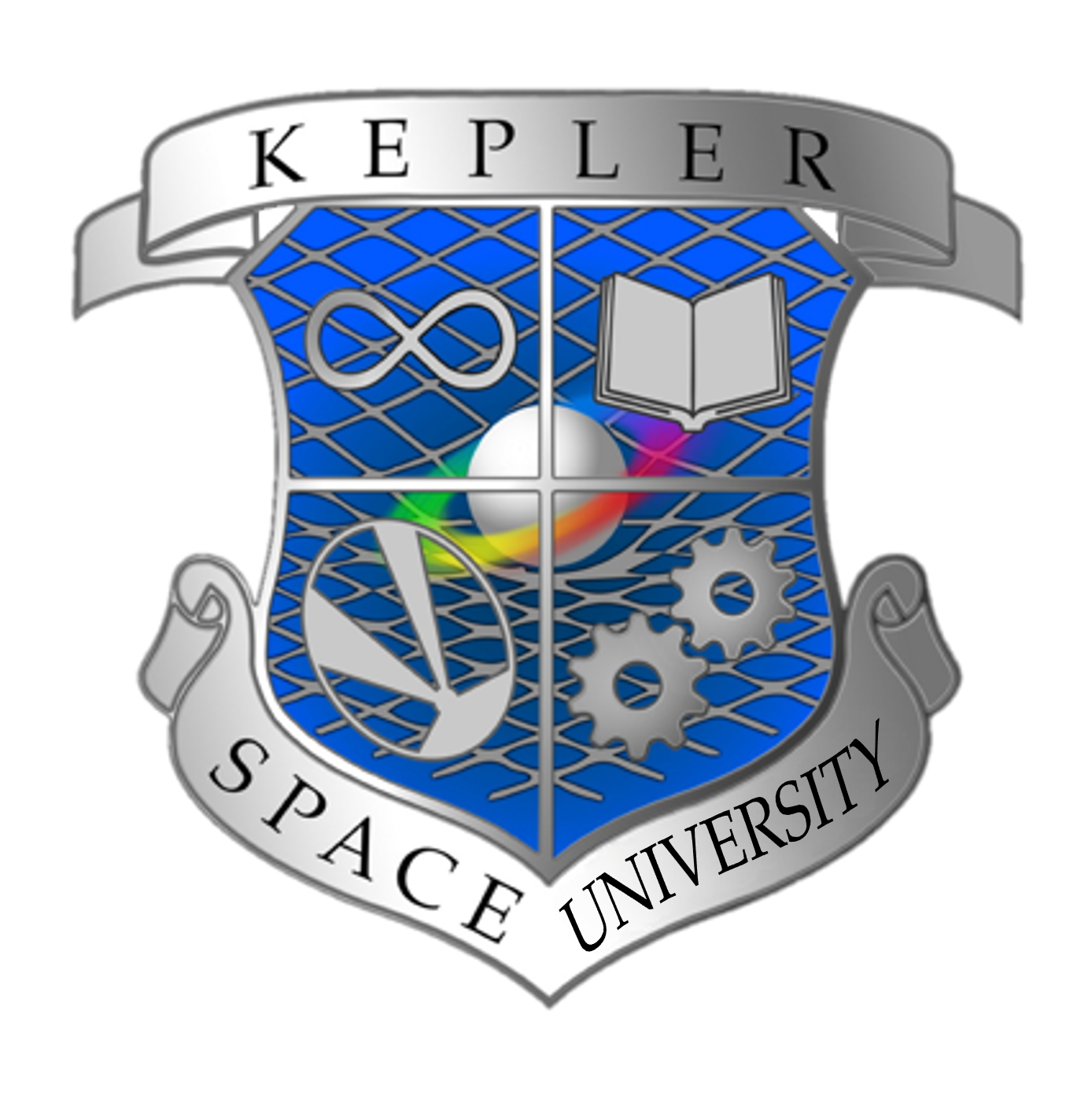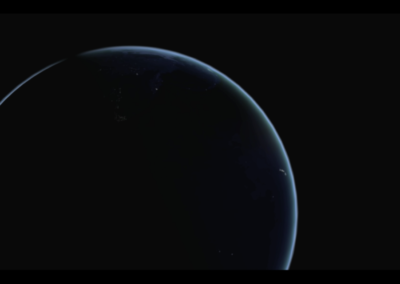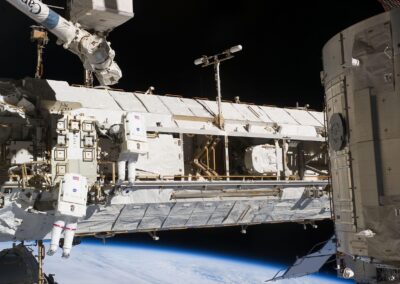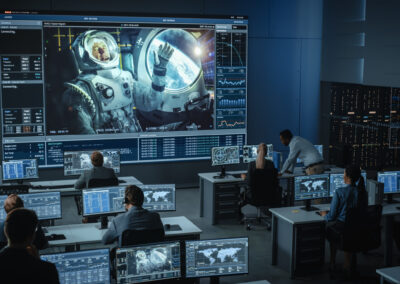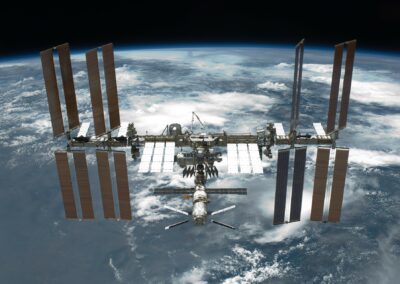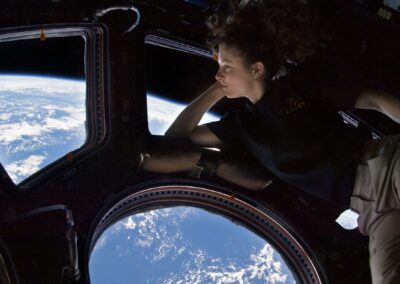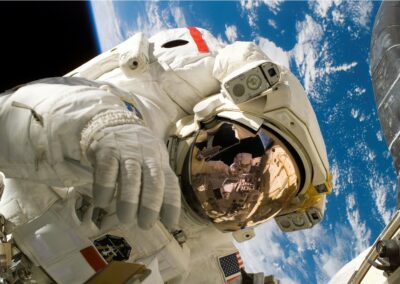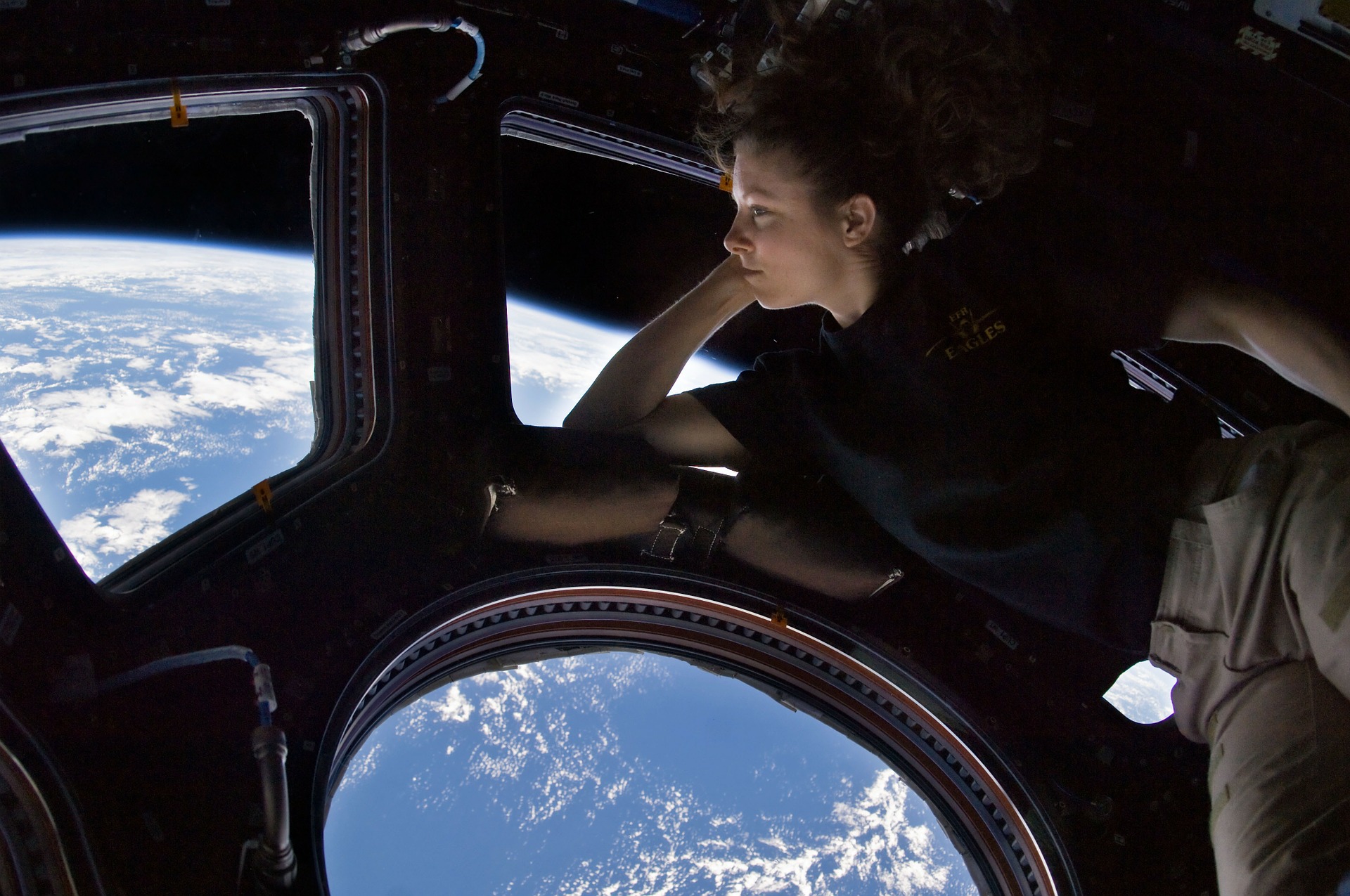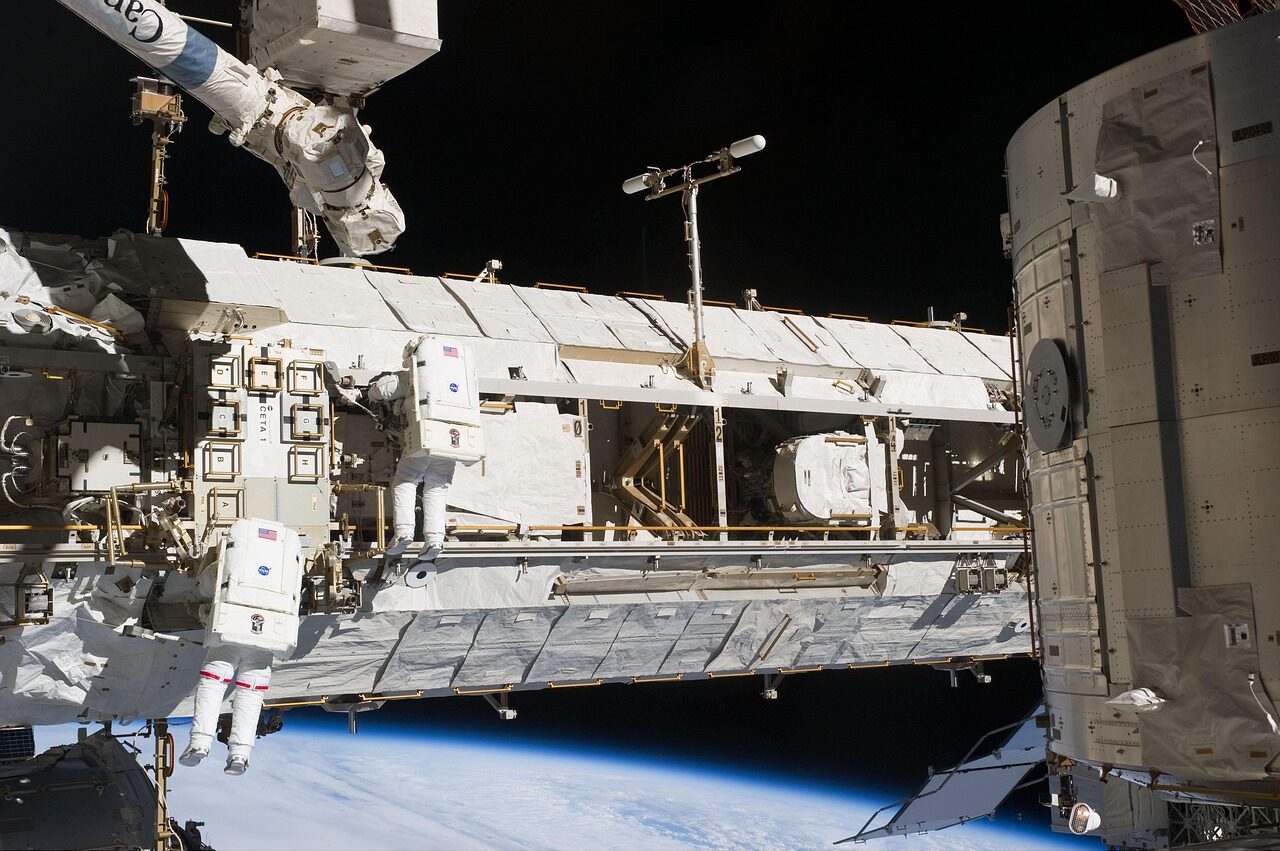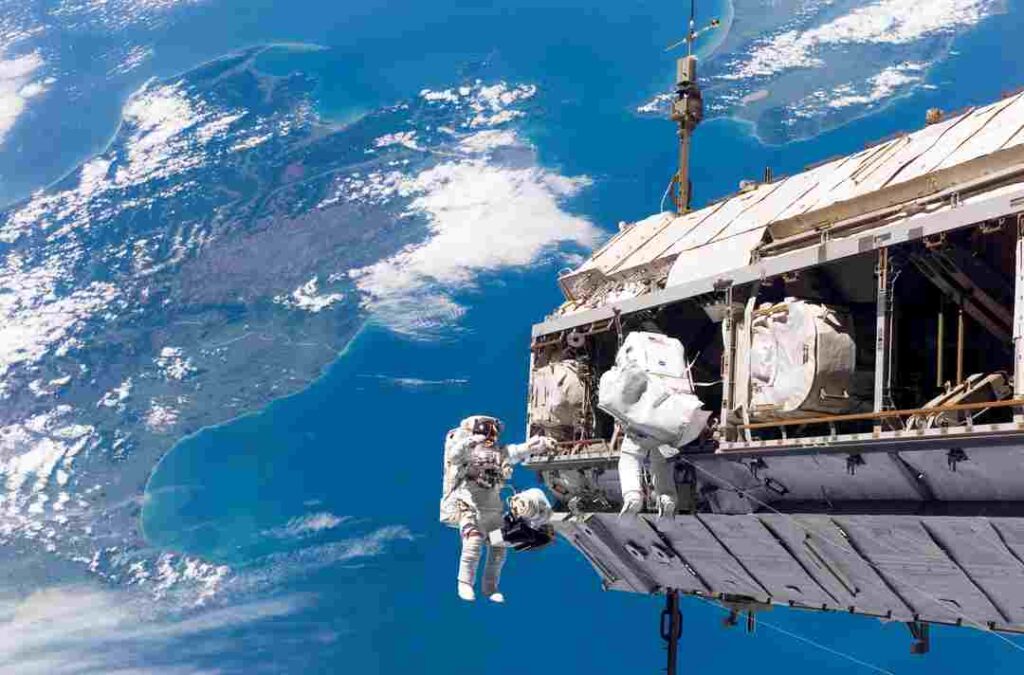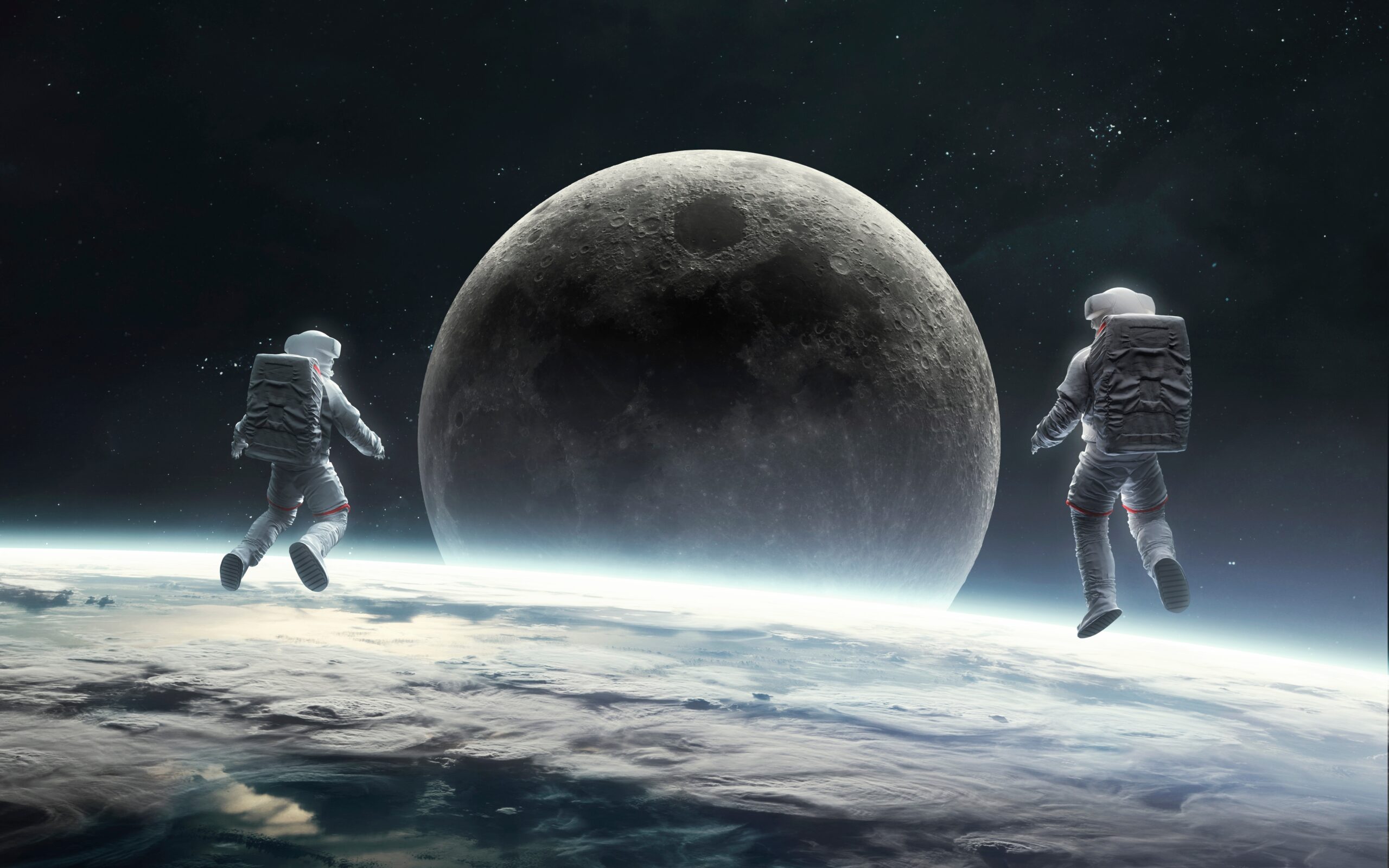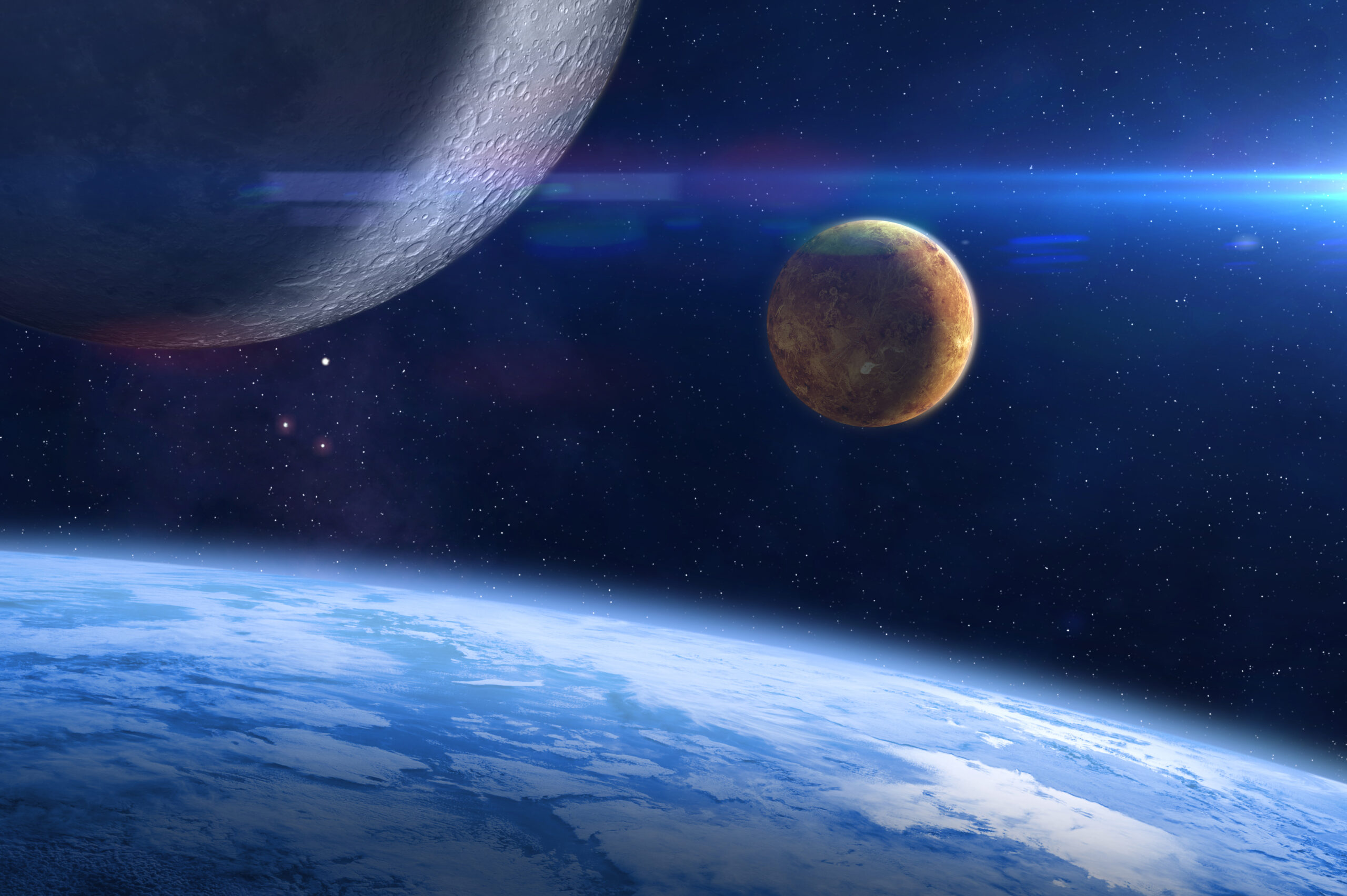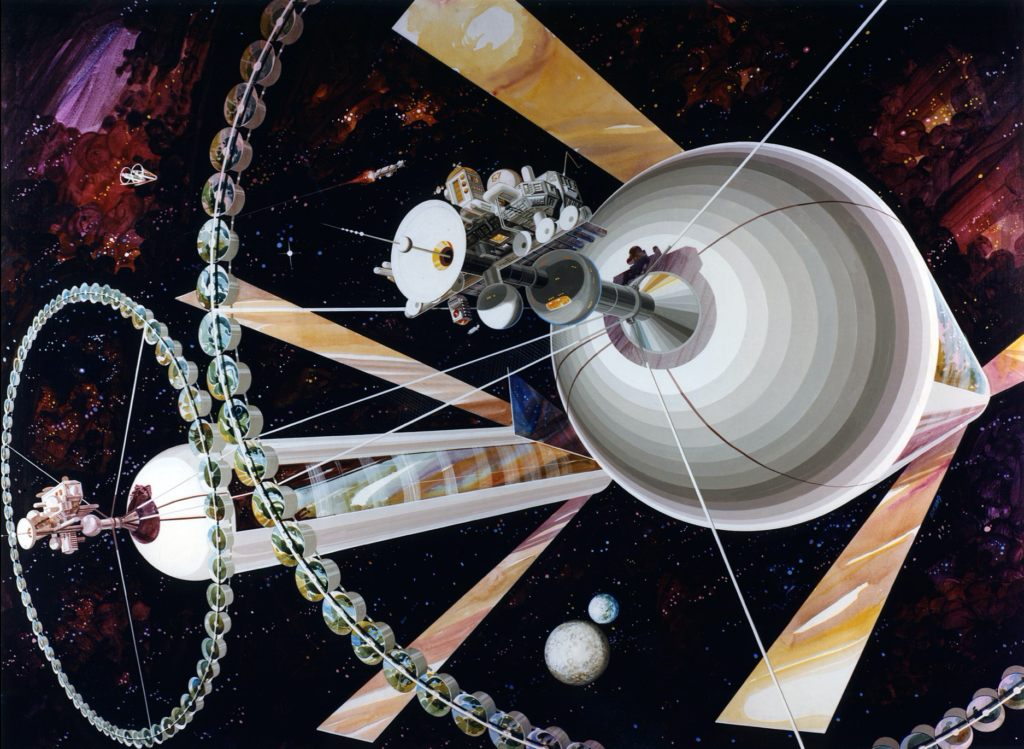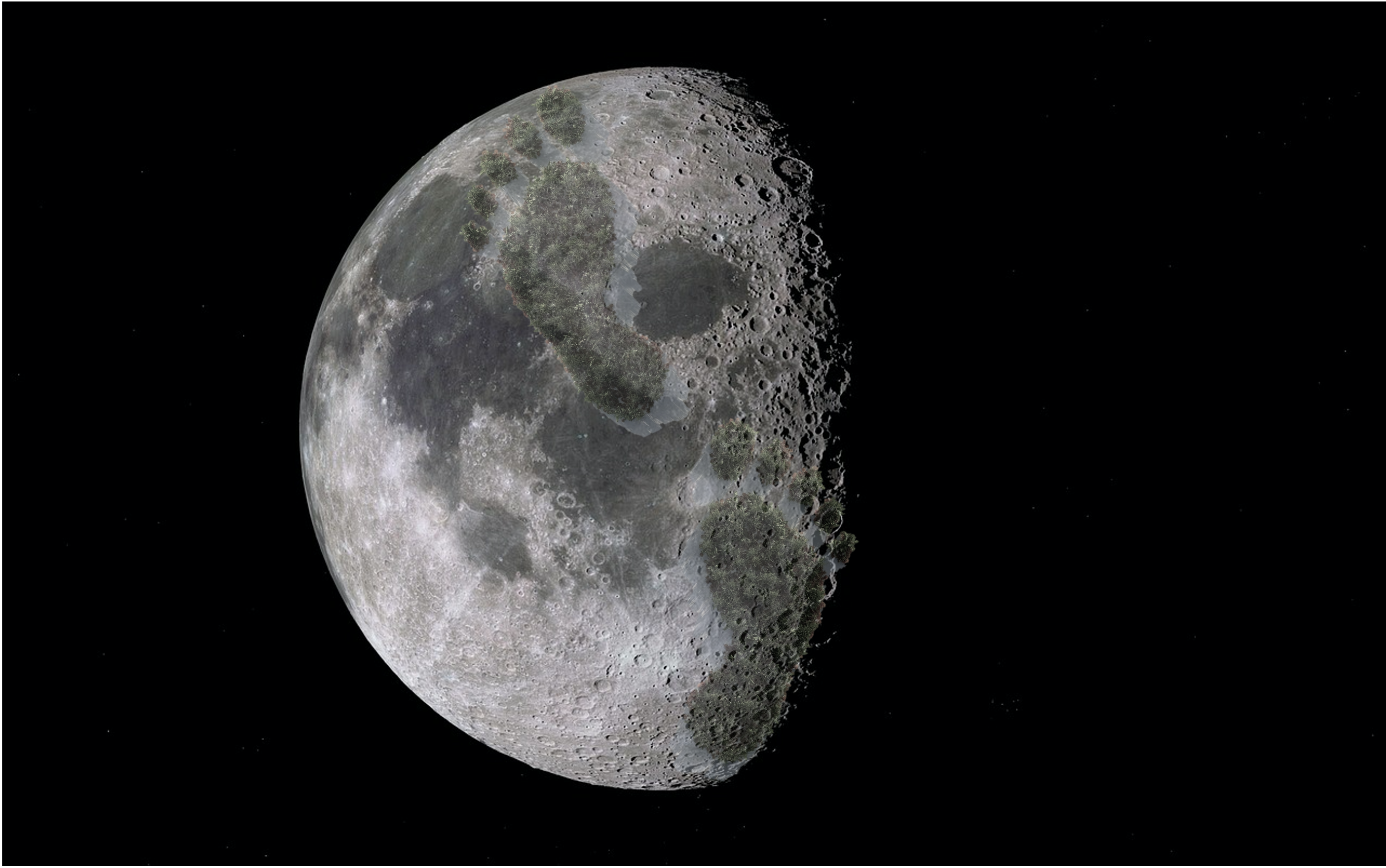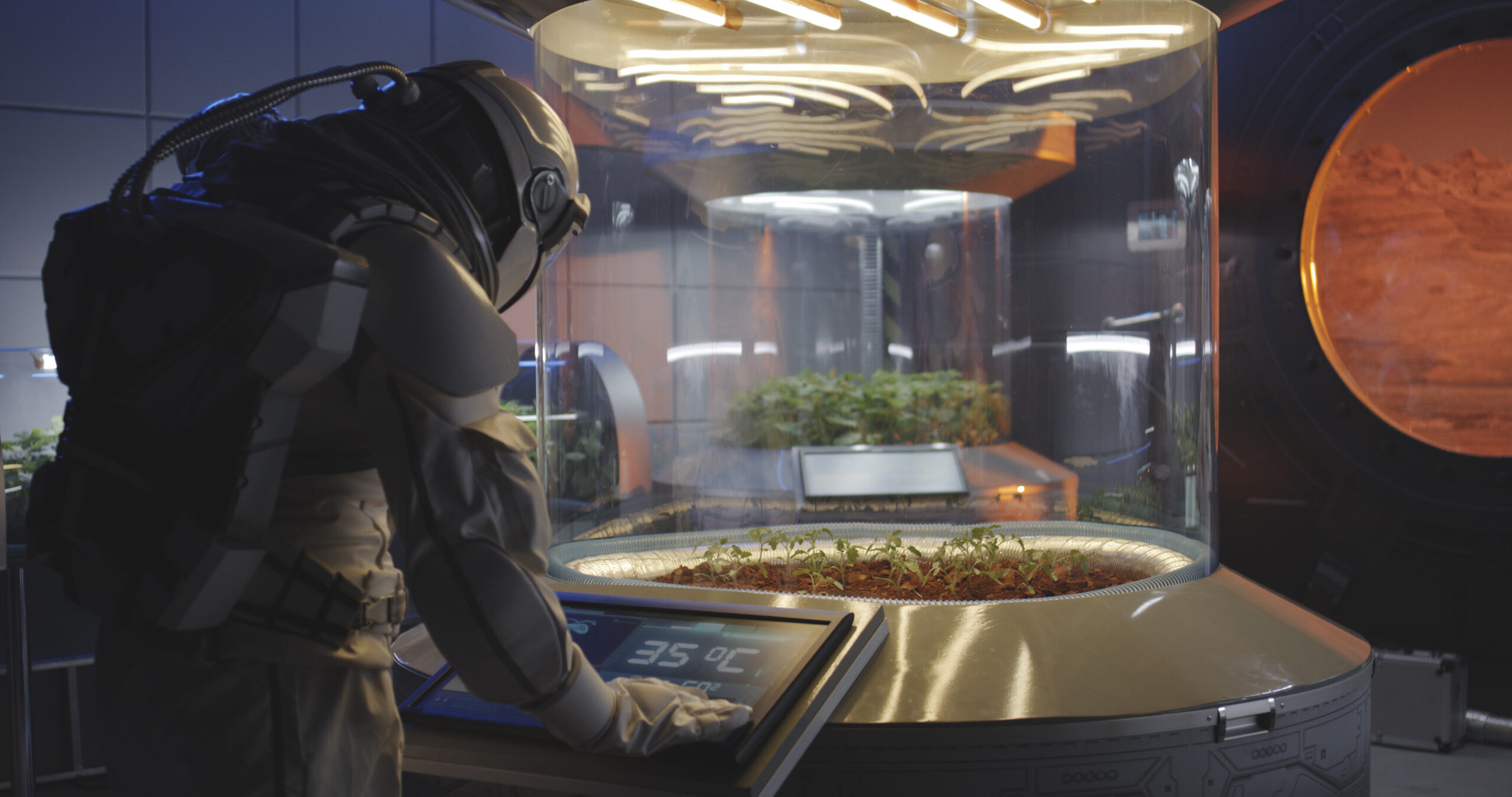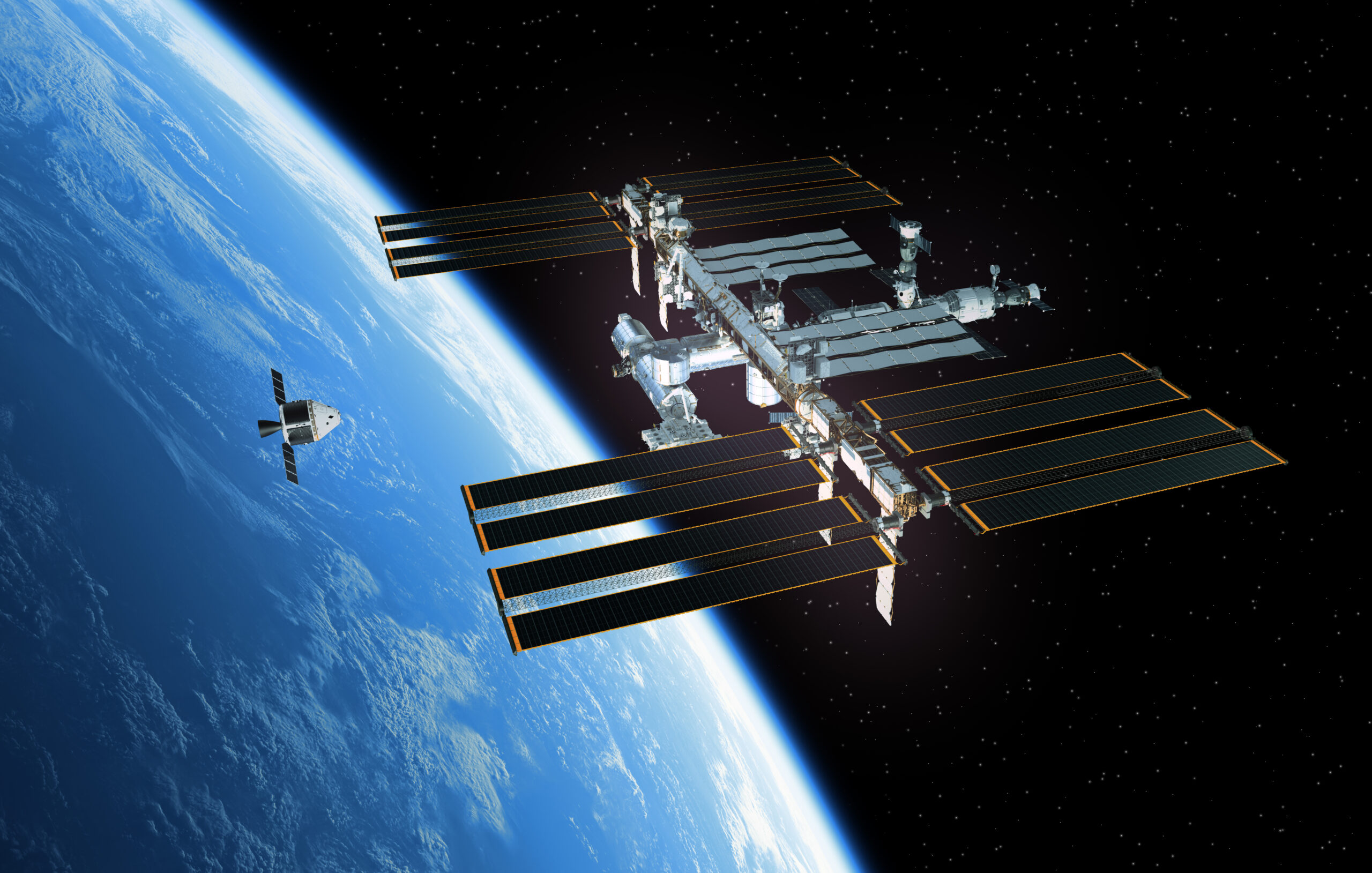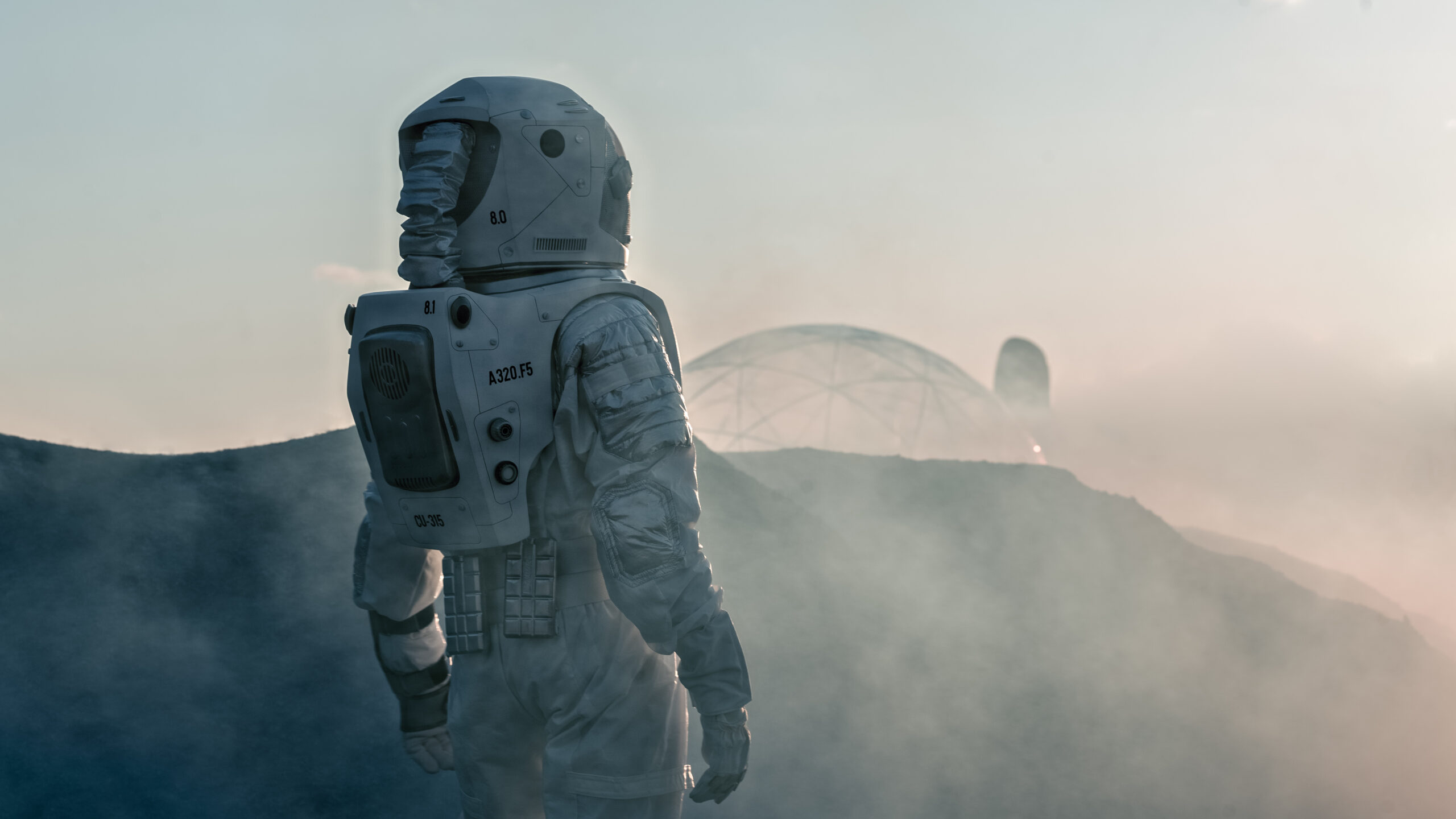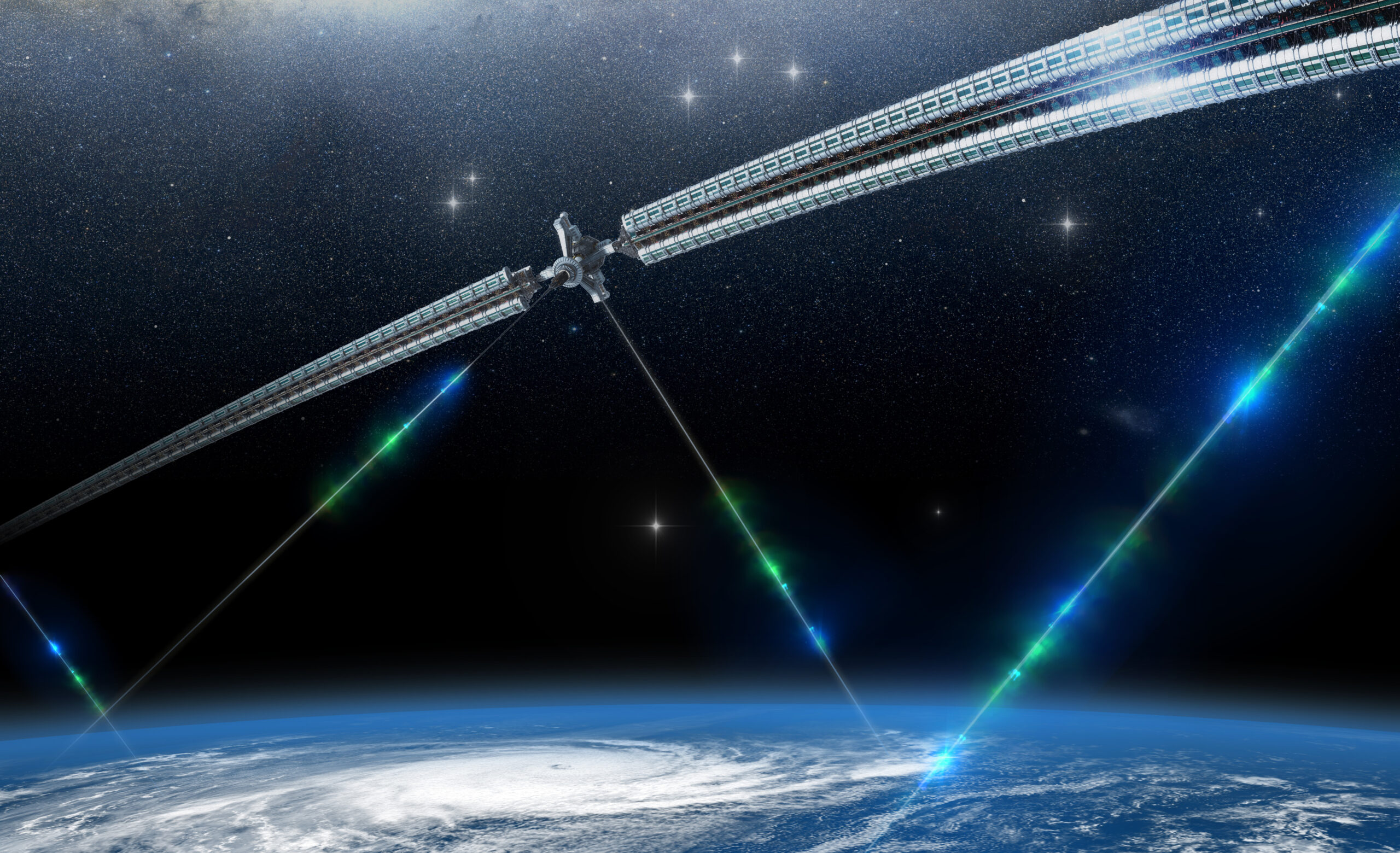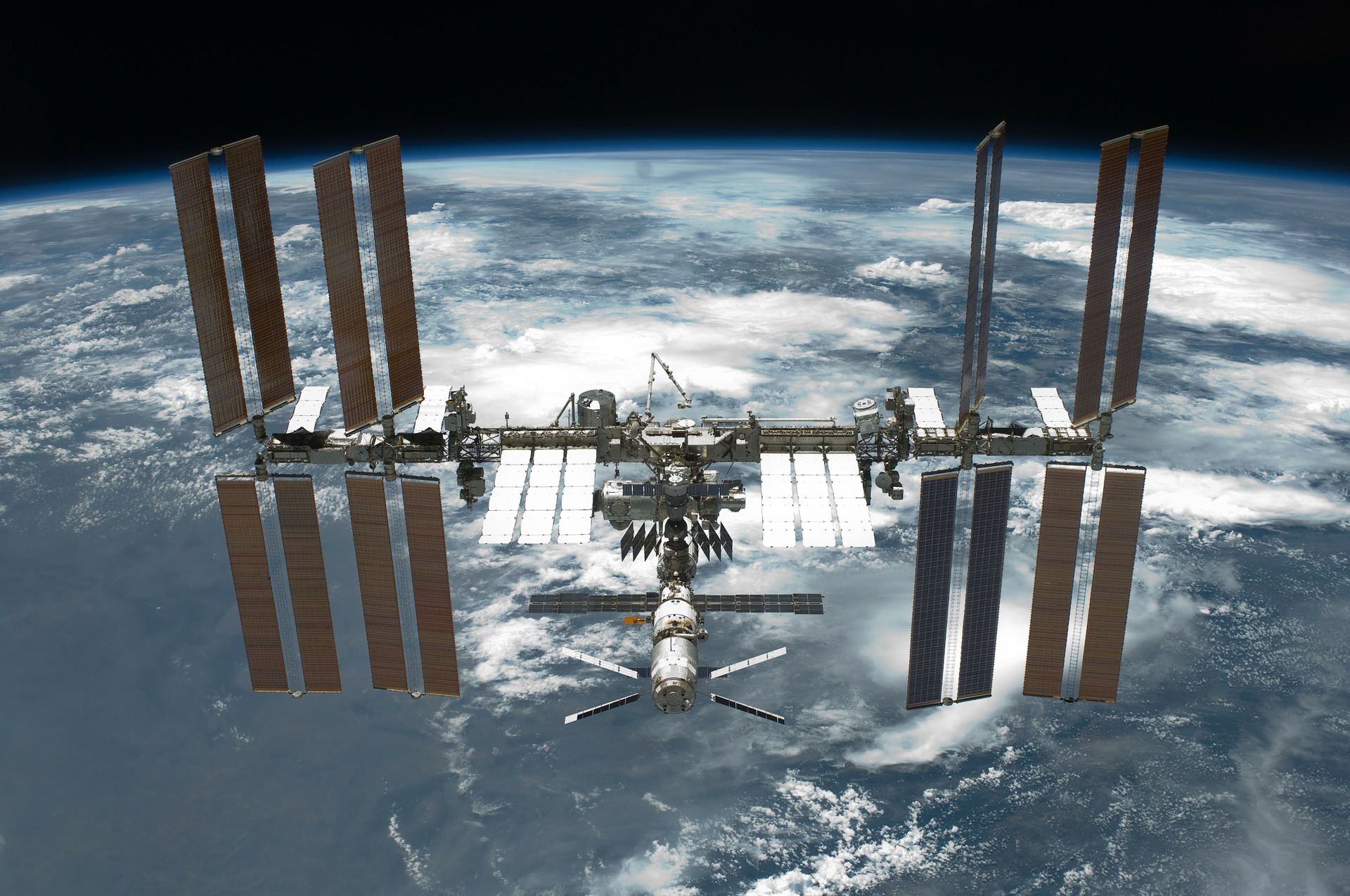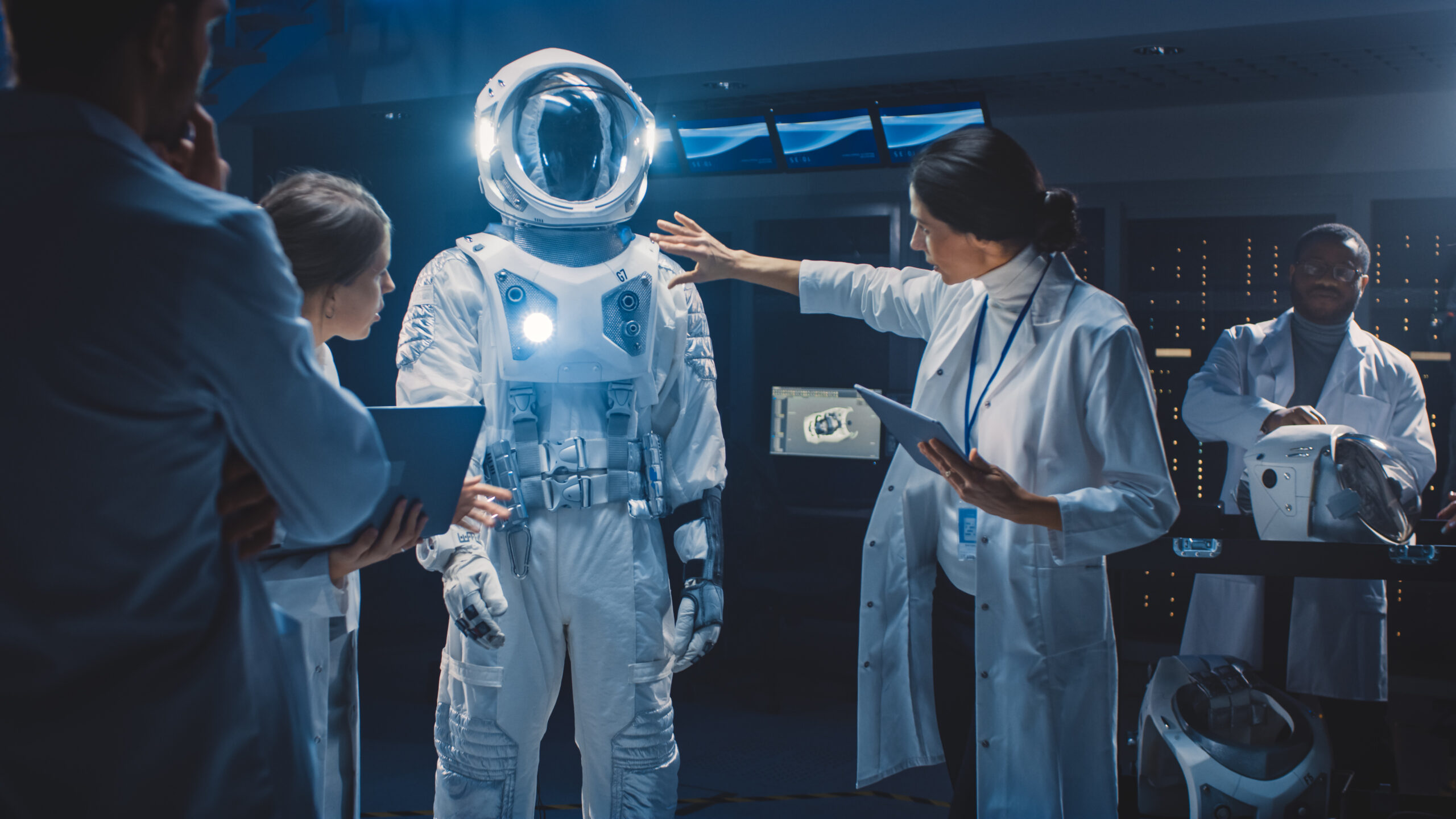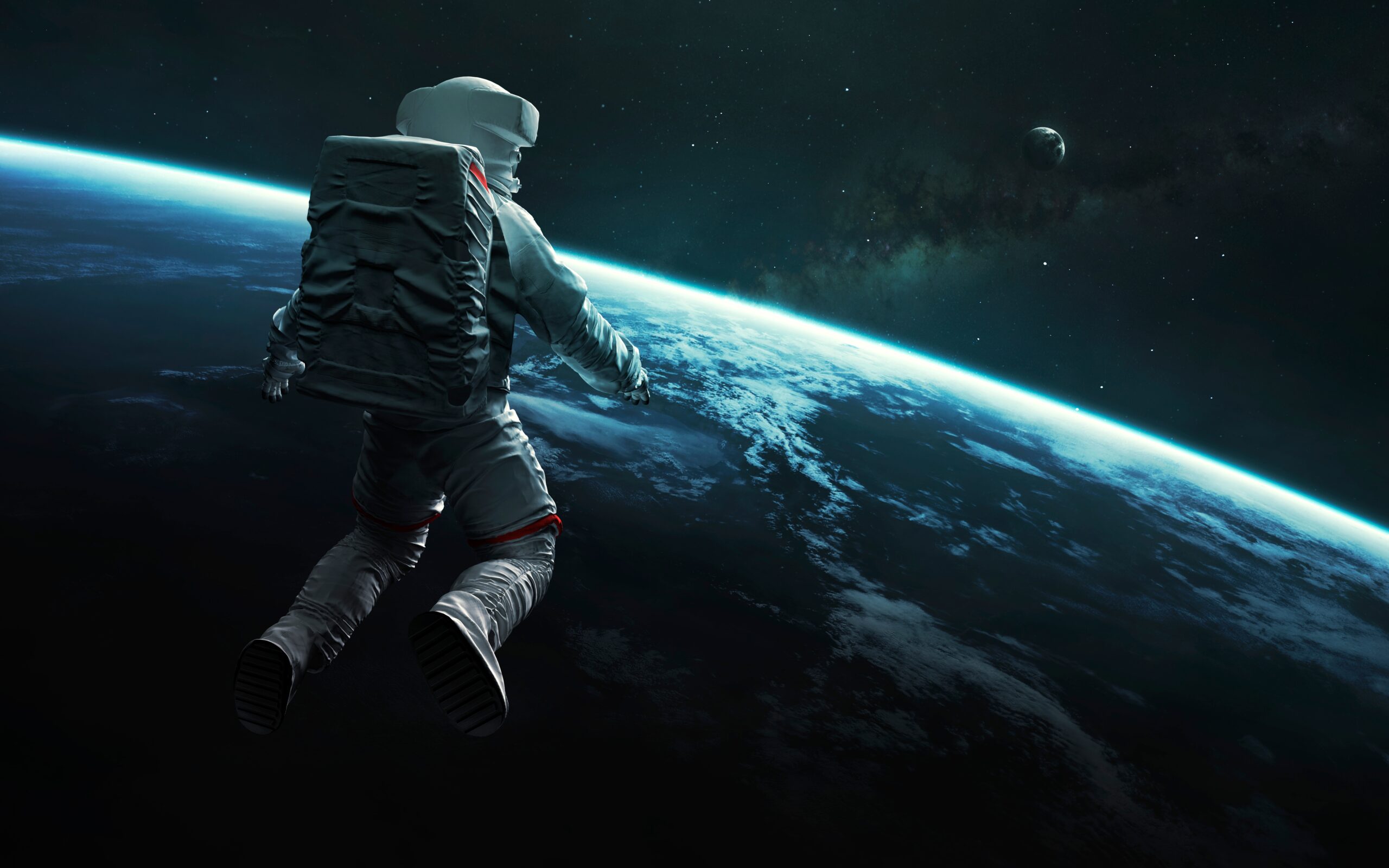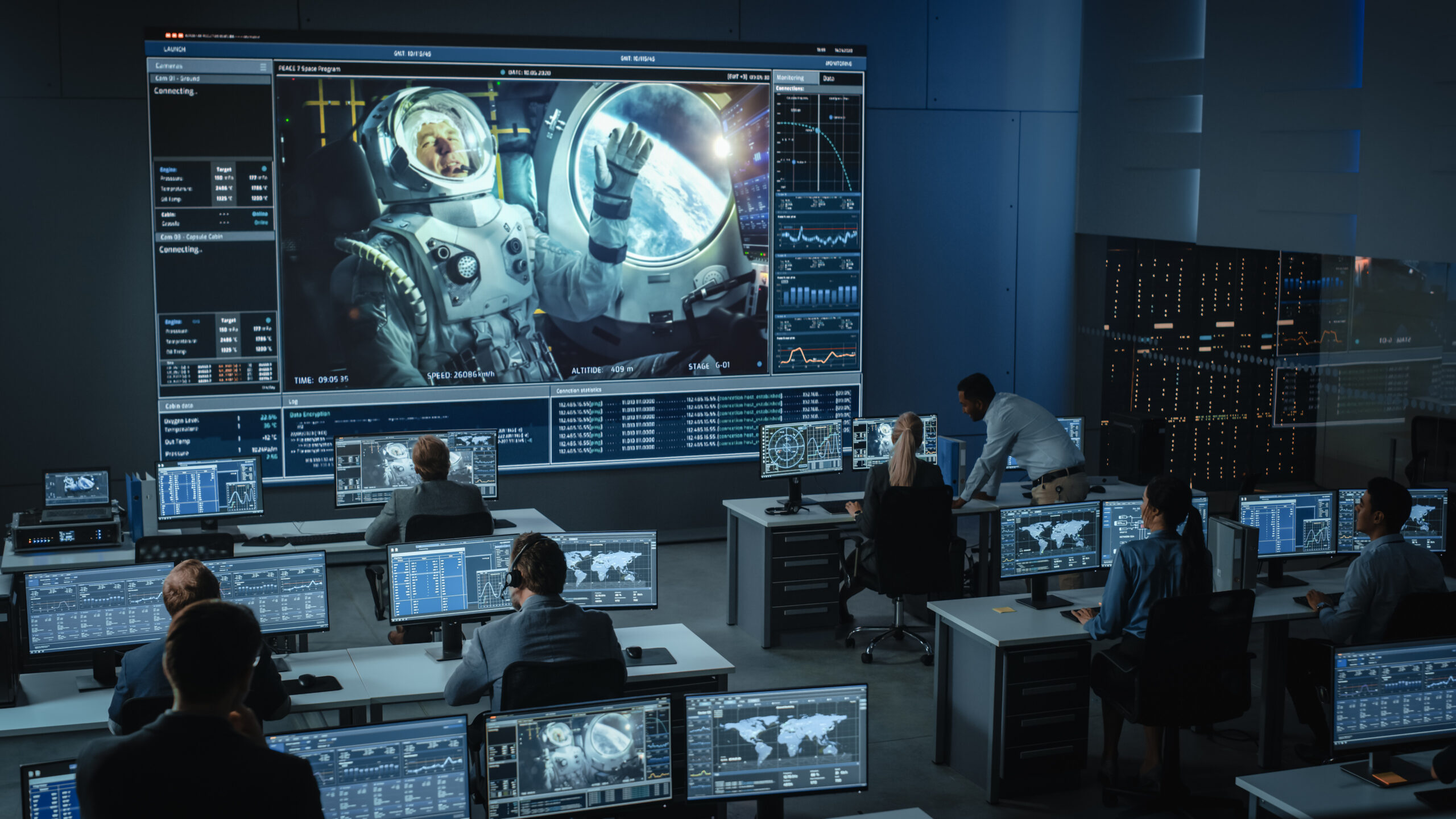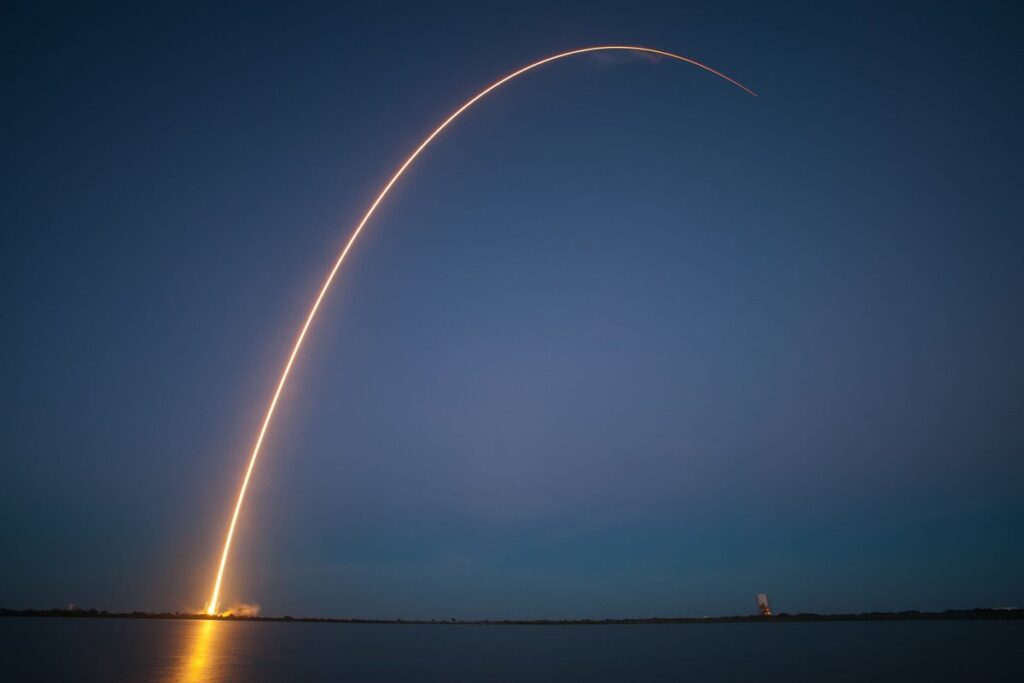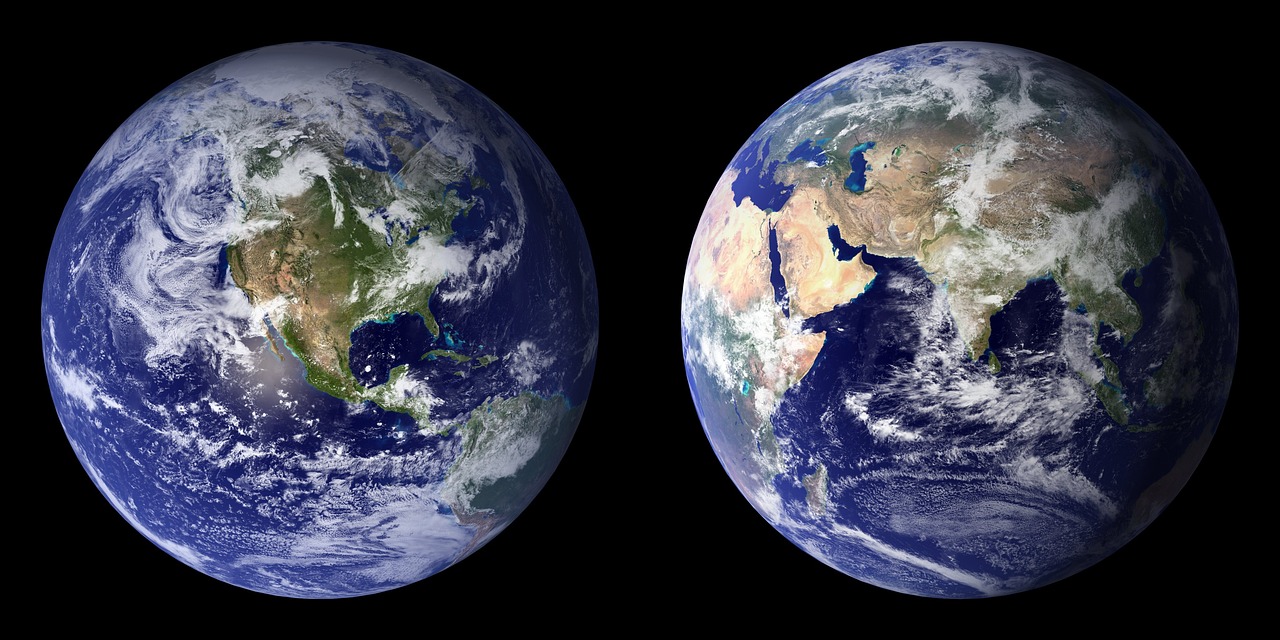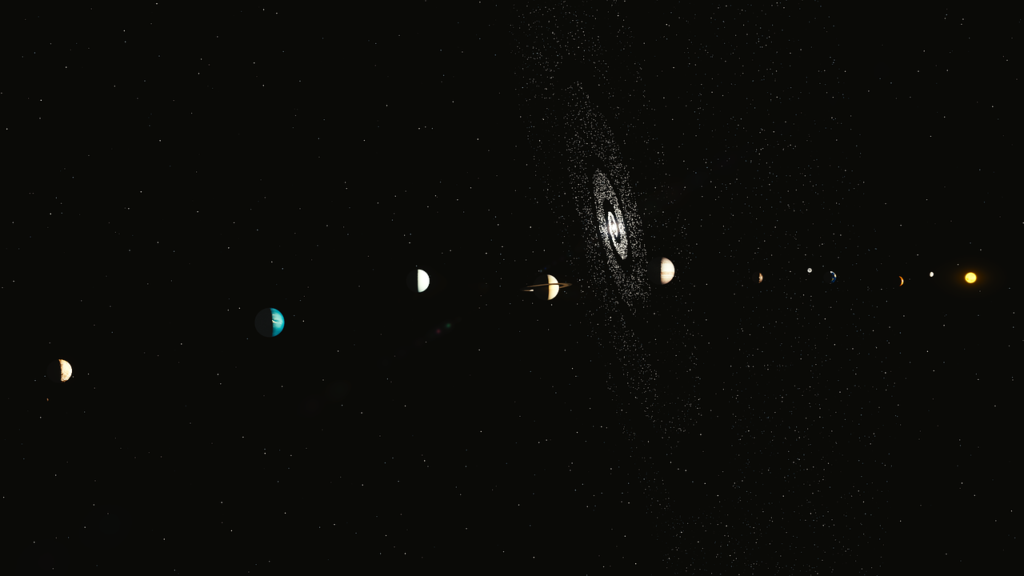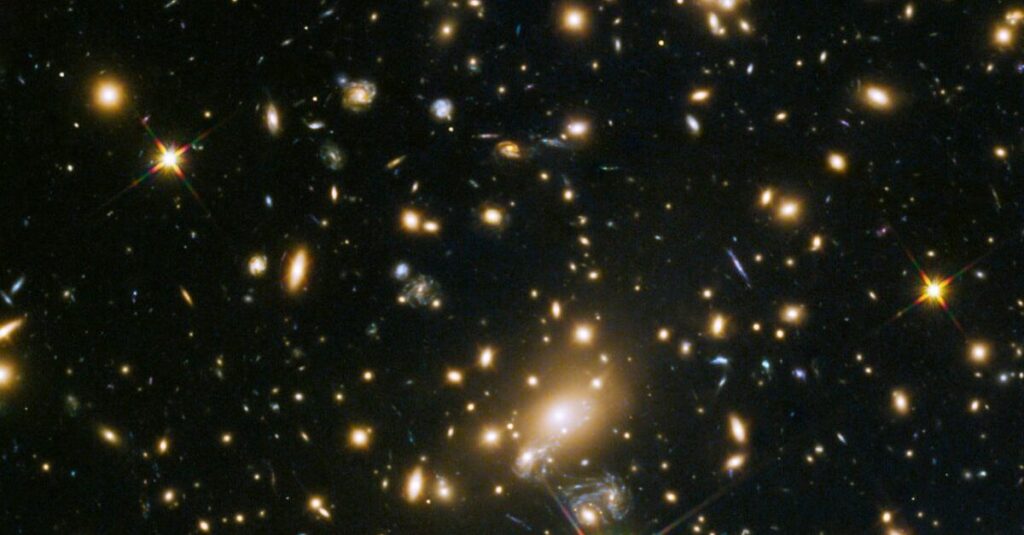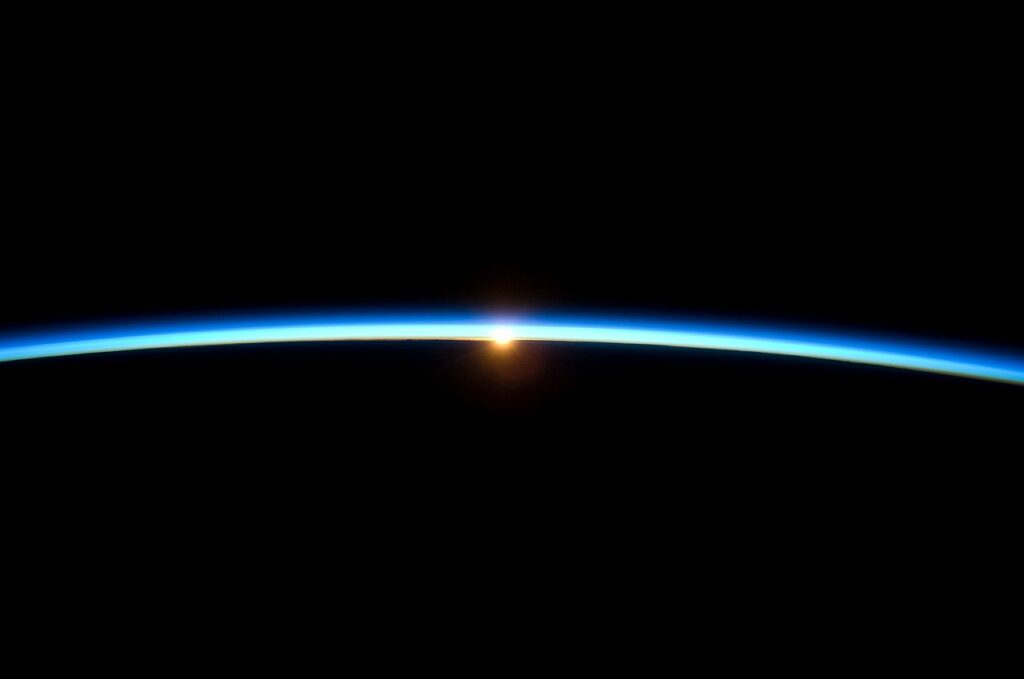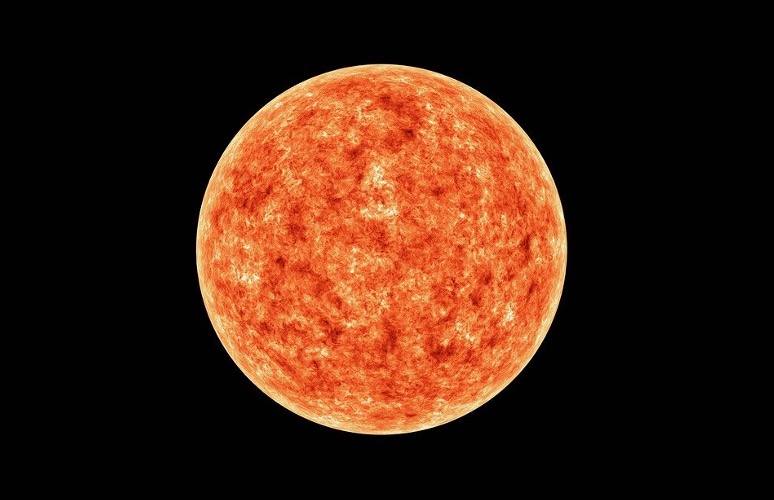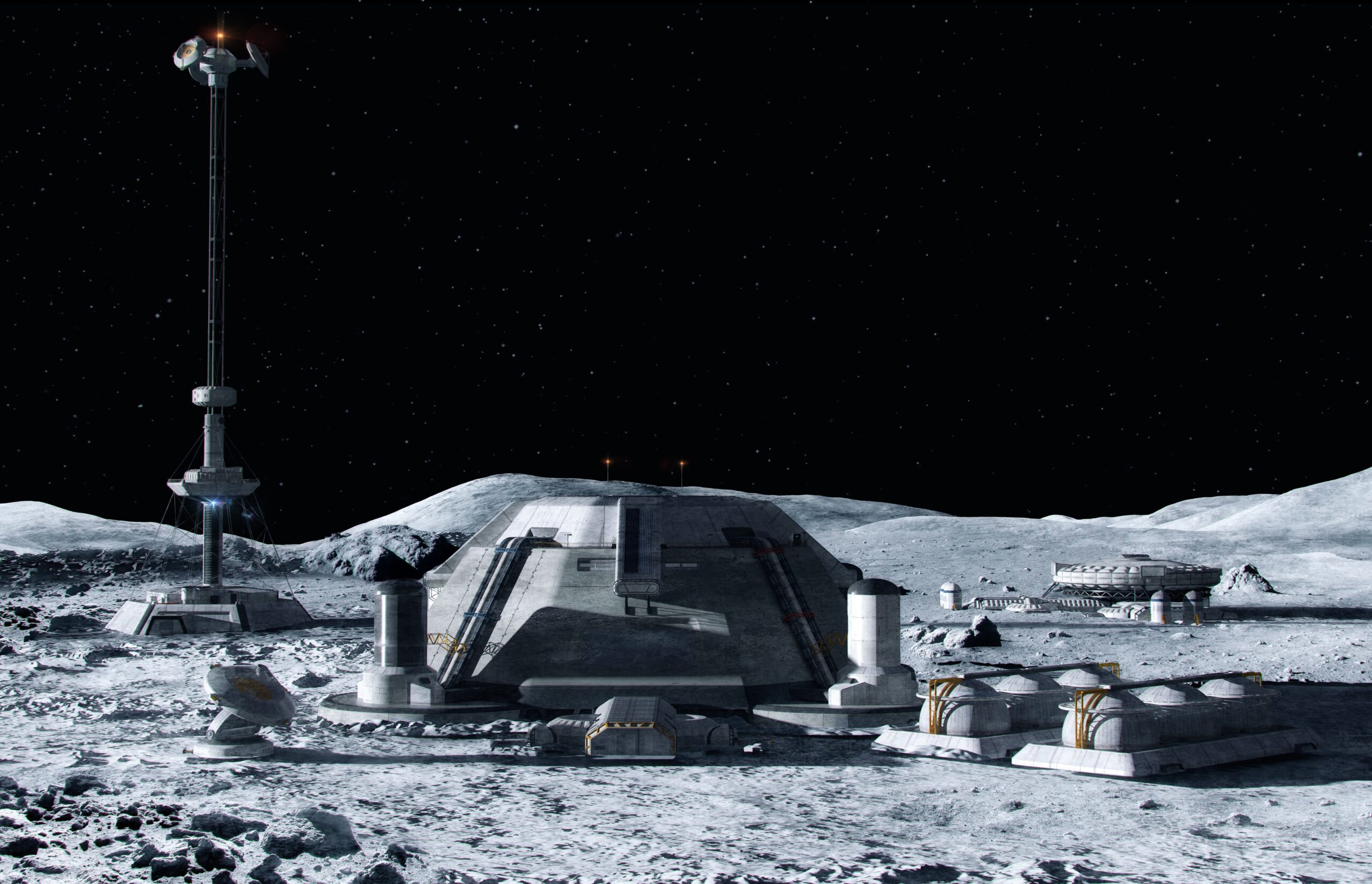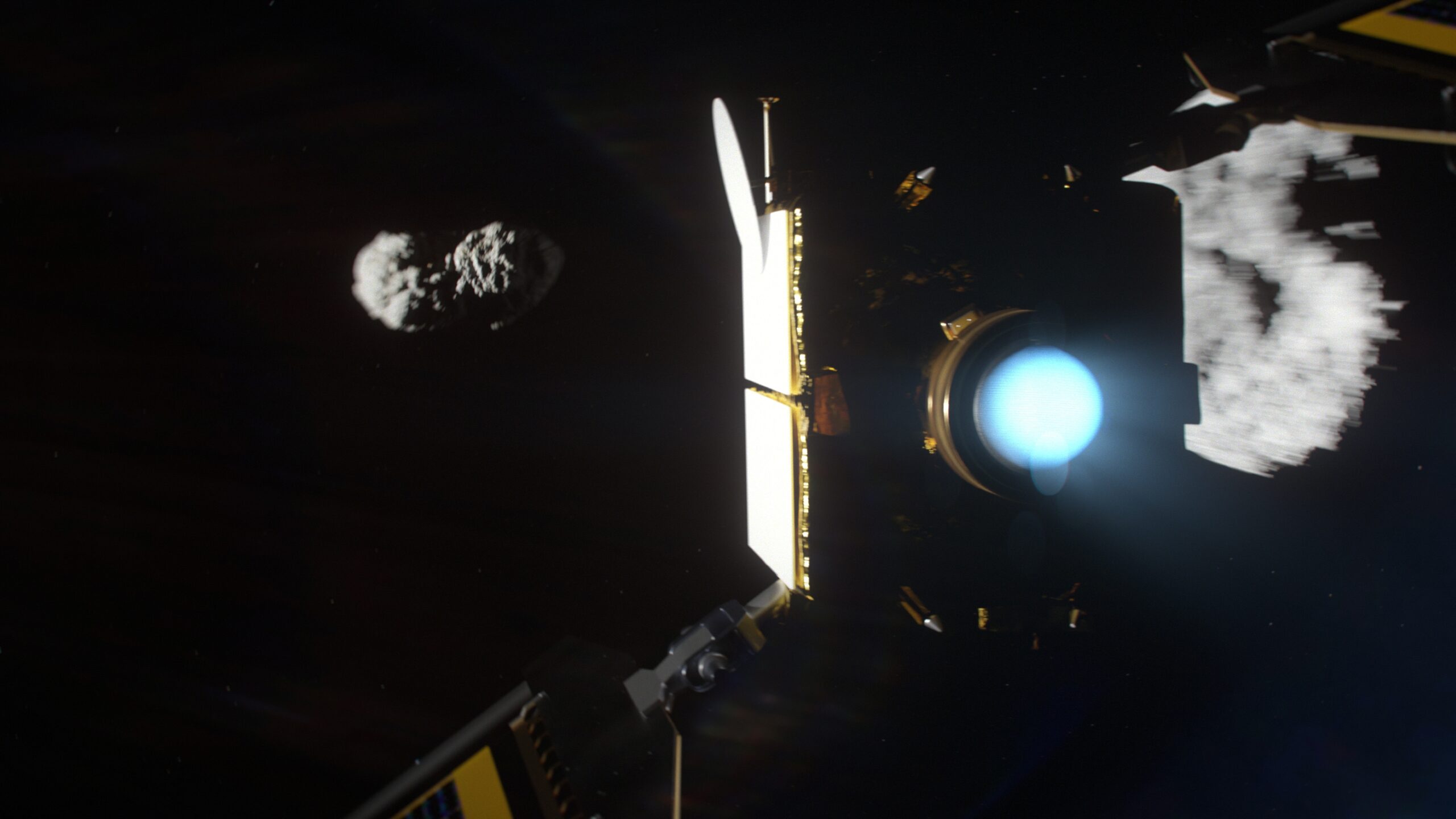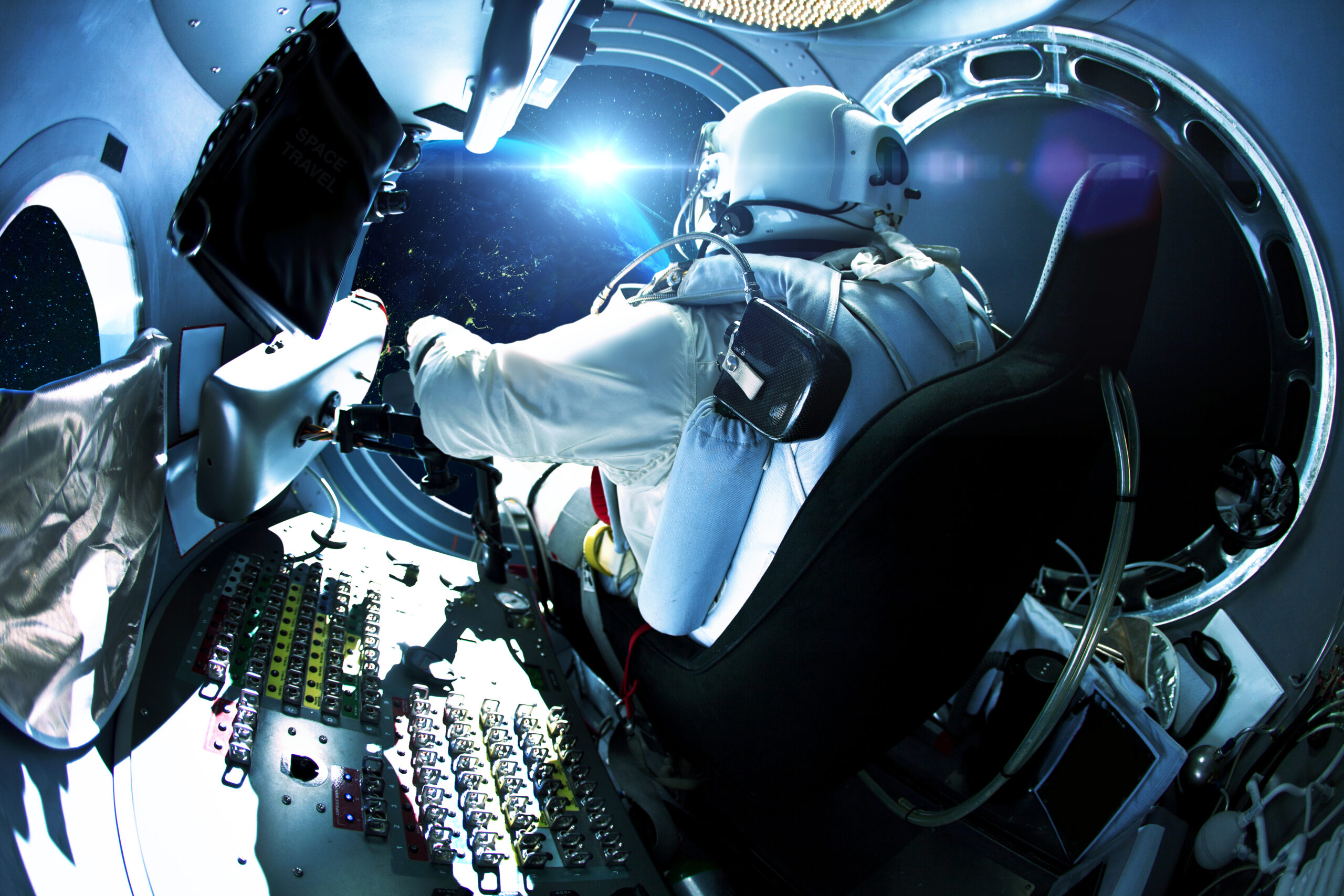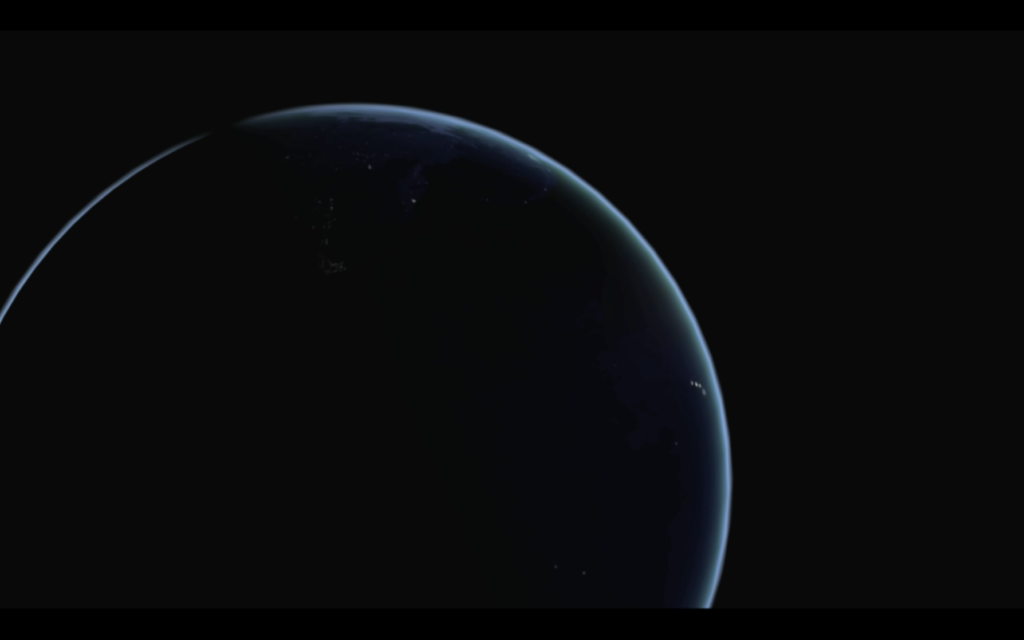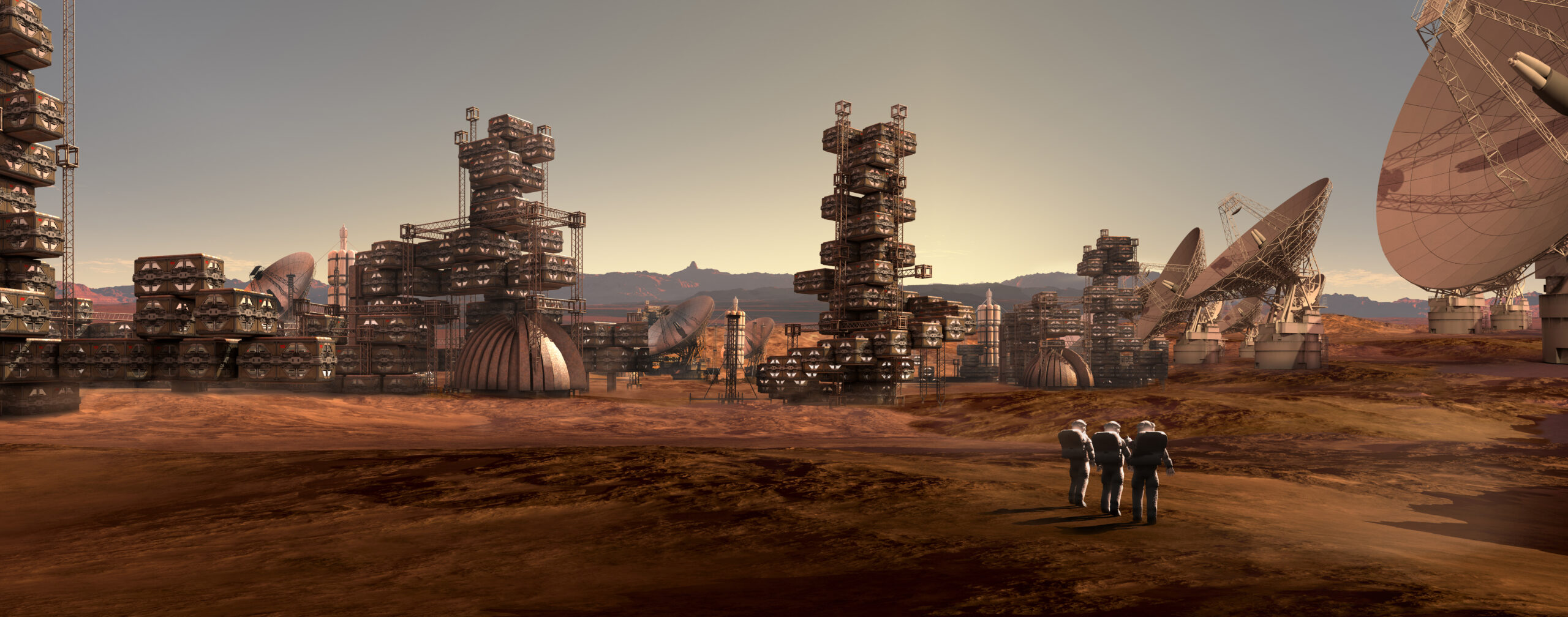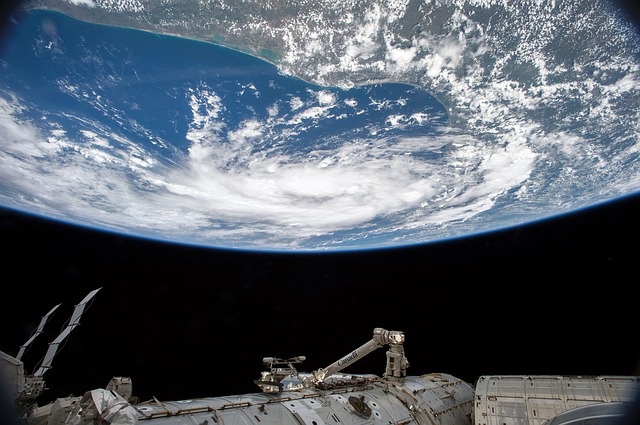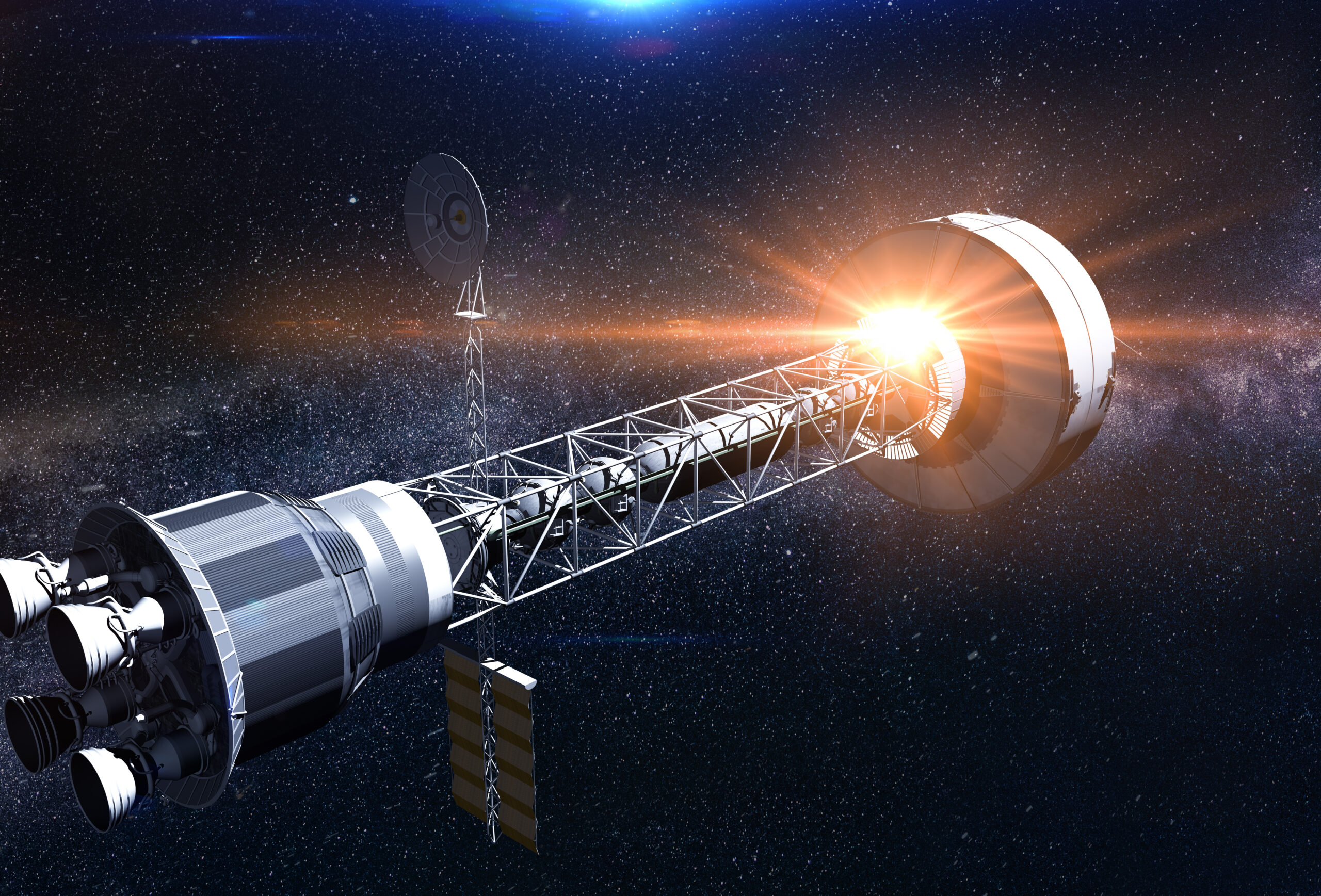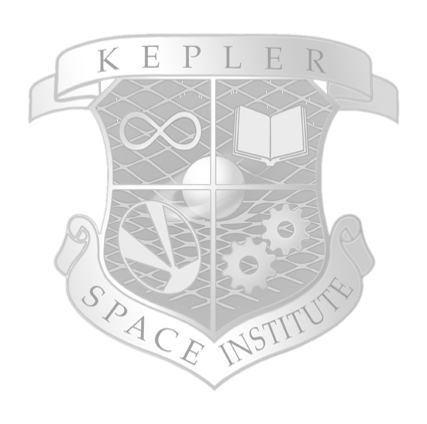Masters Degree Programs
MASTER OF SCIENCE PROGRAMS
Master of Science (M.S) Degrees
The Master of Science (M.S.) Degree is an interdisciplinary program providing opportunities for those interested in advancing the development of Human Space Exploration and Space Settlements. The M.S. Program features coursework, research training, and collaborations with faculty in a research-led culture emphasizing rigor, creativity, and innovation. Students will join industry leaders to help guide the sustainable development of Space, and with the support of commercial and international partners will conduct impactful research in space-related fields to enable human expansion from Earth to Space.
PROGRAM OPTIONS
MASTER OF SCIENCE DEGREE (M.S. COURSE-BASED)
Complete a total of 36 credit hours, with all 21 credit hours comprised of Core Courses, and 15 additional credit hours from the Technical Specialization Tracks. The program is designed for professionals who have been with government, industry, or private practice and who wish to return for upgrading and specialization.
MASTER OF SCIENCE DEGREE (M.S. PROJECT-BASED)
Complete a total of 36 credit hours, with all 21 credit hours comprised of Core Courses, and 15 additional credit hours from Technical Specialization Tracks, including the completion of a project under the supervision of a faculty member. Students will select a research topic, perform experiments, computation, or analysis relevant to the topic, and report their results. The project-based degree is designed to train academics in planning, conducting, evaluating and reporting leading original research with a high degree of competence and integrity.
MASTER OF SCIENCE DEGREE (M.S. THESIS-BASED)
Complete a total of 36 credit hours, with all 21 credit hours of comprised Core Courses and 15 additional credit hours from the Technical Specialization Tracks, including the completion of a thesis under the supervision of a faculty member. Students will select a research topic, perform experiments, computation, or analysis relevant to the topic, and report their results. The thesis-based degree is designed to train academics in planning, conducting, evaluating and reporting leading original research with a high degree of competence and integrity.
Degree Programs
Master of Science
Degree Requirements
Core Courses for Human Space Exploration FROM EARTH TO SPACE
The core courses for human space exploration are an immersive and comprehensive curriculum that aims to equip graduate students with the essential knowledge and skills needed to pave the way for human expansion from Earth to Space. With a multidisciplinary approach, the masters programs offers a range of study areas spanning various fields, from human factors and space engineering to planetary sciences and socio-political implications of space communities and long-term habitation of multi-generational families thriving in space. During these courses, students engage in a series of captivating lectures, hands-on projects, and stimulating discussions that delve deep into the fundamental principles and challenges of space exploration. They explore topics such as space systems, propulsion systems, space agriculture, life support systems, space architecture habitability, in-situ resource utilization, space policy, and ethical considerations. This interdisciplinary approach ensures that students gain a holistic understanding of the intricacies involved in expanding human presence into space.
Students have the chance to work on practical projects that simulate real-world scenarios encountered in space missions, space analogs research on Earth, and the future steps that will take humanity to the stars. These projects foster collaboration, critical thinking, and problem-solving skills, allowing students to apply their theoretical knowledge to address complex challenges through experiential learning opportunities. From designing space systems to charting new paths into the next frontiers, students gain invaluable hands-on experience that prepares them for the realities of working in the space industry. Core Courses comprise with 21 credit hours from the following list:
ISS 500: Research Ethics (3 Credits)
This course acquaints students to the ethical and philosophical issues raised by involving humans in research. Topics covered in include ethical theory and principles, informed consent for research participation, just selection of research subjects, functions of review boards and ethical aspects of study design, privacy and confidentiality. Students will be able to analyze research protocols and develop ability to engage in critical and self-reflective discussion of theoretical and practical problems in research ethics and the various solutions proposed. This course is mandatory for all M.S. students.
ISS 501: Graduate Seminar (3 credits)
Presentations and discussions of research and developing technologies in current topics in the space settlement sciences by faculty members, guest experts, and students. This course is mandatory for all M.S. students.
ISS 510: Topics in Human Factors (3 credits)
This course surveys the impact of human factors on crewed missions, challenges of continuous operational support for long-duration spaceflight, and approaches for analysis and interpretation of human factors data. Students will assess the participation of humans in space exploration and the abilities to perform physically and psychologically for extended periods in harsh environments, with unique gravitation and radiation characteristics. Human factors and human performance issues in general applications will be explored, topics may include: cognitive engineering and human-centered design principles applicable to life-critical systems, addressing human-centered automation, human workload, cognitive modeling, situational awareness, risk taking and applied user experience design and evaluation. This course is mandatory for all M.S. students.
ISS 520: Living and Working in Space (3 credits)
This course introduces students to the fundamental principles of systems engineering and their particular application to the development of space systems to sustains humans living and working in space. Student will be introduced to the key elements comprising space systems across the mission design life cycle, from launch to in-space operations. Topics may include: fundamentals on astrodynamics, requirements analysis, trade studies, concept definition, interface definition, system synthesis, and engineering design, power systems, communications, command and data handling, thermal management, attitude control, mechanical configuration, structures, as well as techniques and analysis methods for remote sensing applications, risk assessment and mitigation planning. Students will be asked to explore, in depth, various advanced areas of space systems engineering challenges and share information with each other in online discussions. This course is mandatory for all M.S. students.
ISS 530: Special Studies in Space Architecture (3 credits)
Through individual and/or group research projects, with guidance from faculty advisor(s), students will have an opportunity to advance original research work and developing technologies in special studies in space architecture. This course emphasizes investigating new territories of inquiry, including contributions to the knowledgebase of their chosen discipline, as well as development of an overall research framework to define aspects of that discipline related to space applications. Research programs should focus on theoretical and experimental positions drawn from the respective areas to enable contributions towards human space settlement. Skills development integrated throughout the course elements will emphasize writing, teamwork, the collaborative nature of the field, engineering tools used in space systems engineering, and data management and analysis.
ISS 540: Special Studies in Space Philosophy (3 credits)
Through individual and/or group research projects, with guidance from faculty advisor(s), students will have an opportunity to advance original research work and developing technologies in special studies in space philosophy. This course emphasizes investigating new territories of inquiry, including contributions to the knowledgebase of their chosen discipline, as well as development of an overall research framework to define aspects of that discipline related to space applications. Research programs should focus on theoretical and experimental positions drawn from the respective areas to enable contributions towards human space settlement. Skills development integrated throughout the course elements will emphasize writing, teamwork, the collaborative nature of the field, engineering tools used in space systems engineering, and data management and analysis.
ISS 550: Special Studies in Law, Policy, and Governance (3 credits)
Through individual and/or group research projects, with guidance from faculty advisor(s), students will have an opportunity to advance original research work and developing technologies in special studies in space law, policy and governance. This course emphasizes investigating new territories of inquiry, including contributions to the knowledgebase of their chosen discipline, as well as development of an overall research framework to define aspects of that discipline related to space applications. Research programs should focus on theoretical and experimental positions drawn from the respective areas to enable contributions towards human space settlement. Skills development integrated throughout the course elements will emphasize writing, teamwork, the collaborative nature of the field, engineering tools used in space systems engineering, and data management and analysis.
ISS 560: Special Studies in Human Space Settlement (3 credits)
Various topics in Human Space Settlement are considered. They will vary depending upon recent developments in the field and upon the interests of the instructor. The topics to be included are announced at the time of the course offering.
Program Options
Course-Based
- Online format for flexible, remote learning
- Focus on human space exploration
- Independent study with self-paced learning
- Comprehensive curriculum covering astrophysics, space engineering, planetary sciences, and more
- Engaging lectures, interactive discussions, and virtual collaboration
- Study from anywhere, accommodating personal and professional commitments
- Gain a solid foundation for a career in the space industry
- Access cutting-edge research and case studies
- Prepare for opportunities in space missions, agencies, research and development
Project-Based
- Project-based learning approach for hands-on experience
- Focus on human space exploration and project implementation
- Collaborative projects with real-world applications
- Apply theoretical knowledge to practical scenarios
- Develop problem-solving and critical thinking skills
- Gain experience in project planning, execution, and evaluation
- Work closely with faculty advisors and industry experts
- Access to cutting-edge resources and facilities
- Prepare for roles in space mission design, technology development, and innovation
Thesis-Based
- Thesis-based approach for in-depth research and specialization
- Focus on human space exploration and advanced scholarly work
- Conduct original research under the guidance of faculty advisors
- Explore a specific research topic within the field
- Contribute to the existing body of knowledge in space exploration
- Develop advanced research skills and methodologies
- Analyze and interpret data to draw meaningful conclusions
- Present findings through a thesis defense
- Prepare for careers in academia, research institutions, or leadership roles in space-related industries
For more information or any further assistance regarding course or admission, you can visit our contact us page or click the button below.
Chart your path
Technical Specializations
Choose one of the technical specialization tracks and complete a minimum of 15 credit hours in that area. The technical specialization tracks are designed to cater to professionals who wish to upgrade their skills and specialize in a specific domain. Explore technical specializations below.
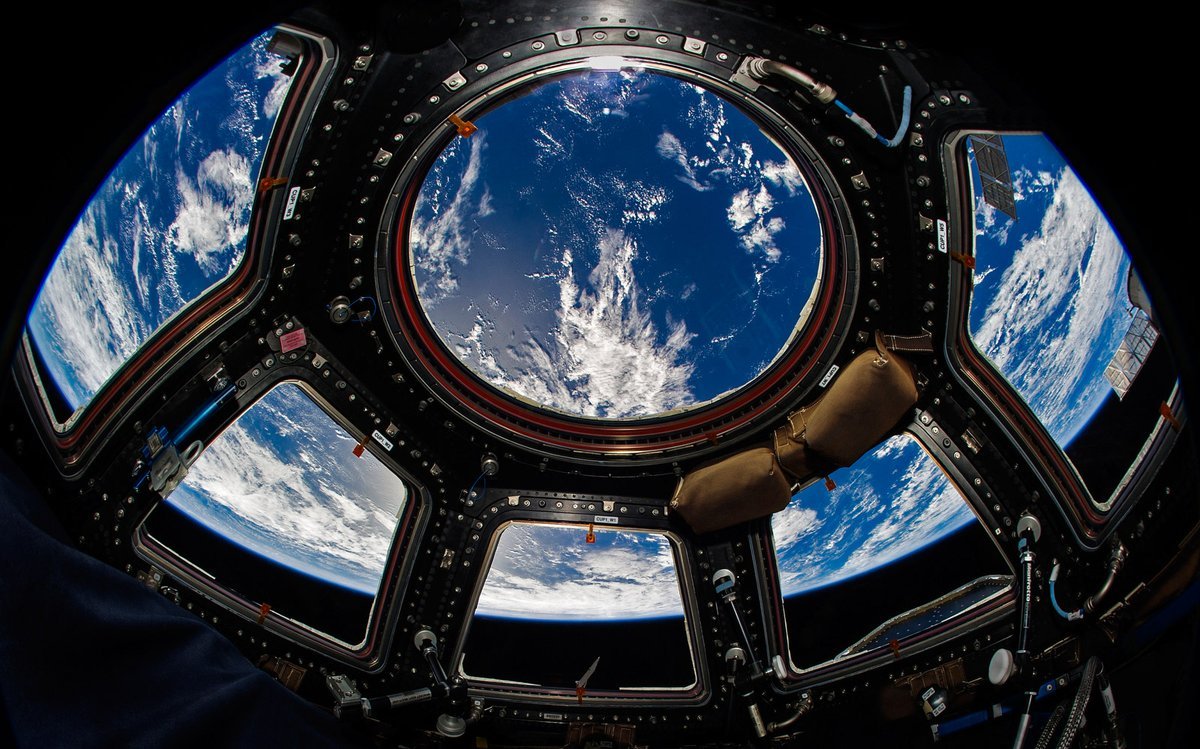
Experiential Learning
Graduation Requirements
To successfully complete the program and earn the Master of Science Degree, students must fulfill all credit hour requirements, maintain a minimum GPA (as specified by the program), successfully complete the project, report, and/or thesis, and meet any additional criteria set by the university or department.
Elective Courses
Depending on the program’s requirements, students may have the flexibility to choose elective courses from a pre-approved list to fulfill the remaining credit hours. These elective courses can be selected based on individual interests and career goals.
Faculty Mentorship
Students are required to undertake independent research under the guidance of a faculty advisor. This allows students to contribute to the existing body of knowledge in their field of study and demonstrate their ability to conduct scholarly research.
Professional Experience
The M.S. program is designed for professionals who have prior experience working in government, industry, or private practice. The program recognizes the value of practical experience and aims to enhance and specialize the knowledge and skills of working professionals.
Experimental Work
Engage in experimental work, computational analysis, or other relevant investigations to explore the chosen research topic. This may involve designing and conducting experiments, analyzing data, developing models, or utilizing advanced computational techniques.
Graduate Studies
Admissions
Entry Requirements:
An applicant must have the following:
- A Bachelor’s Degree from a college or university accredited by the appropriate regional association with a minimum grade point average of 2.5 on a 4.0 scale or equivalent work experience in professional academic and/or government or private industry positions and achievements. Each applicant’s specific experience will be evaluated by the KSI Admissions Committee.
- A Graduate Record Examination (GRE) revised General Test score or a Miller’s Analogy Test(MAT) score at or above the 50th percentile. The GRE or MAT requirement will be waived if an applicant has completed a Master’s degree or twelve or more credits of post- baccalaureate upper division or graduate coursework with a minimum grade point average of 3.0 on a 4.0 scale.
- Completion of application
- Application fee
- Official transcripts from all previous universities or colleges attended or proof of work equivalent
- Three completed recommendation letters
- Additionally, all international applicants whose native language is not English are required to take the Test of English as a Foreign Language (TOEFL) and submit a combined score of 550 or better (new scoring of 213 or better) or the Internet based test scoring of 80 or better. International transcripts are required to be translated if the grading and evaluation system used differs from those used by the United States education system. Official translation and a course- by-course evaluation from all prior institutions and grade-point average computation must be provided to the Office of Admissions. Please use one of the following services for evaluation.
World Educational Services 22 Prince St.
PMB 101
New York, NY 10012
Josef Silny & Associates
7101 SW 102 Ave.
Miami, FL 33173
KSI reserves the right to deny admissions to any prospective student for any reason/cause as determined by KSI. In the event of a denial of a request for admission a student may appeal to the admissions committee.
Graduate Studies
How to apply?
1
Check Eligibility
2
Meet Deadlines
3
Prepare Application
4
Apply Online
